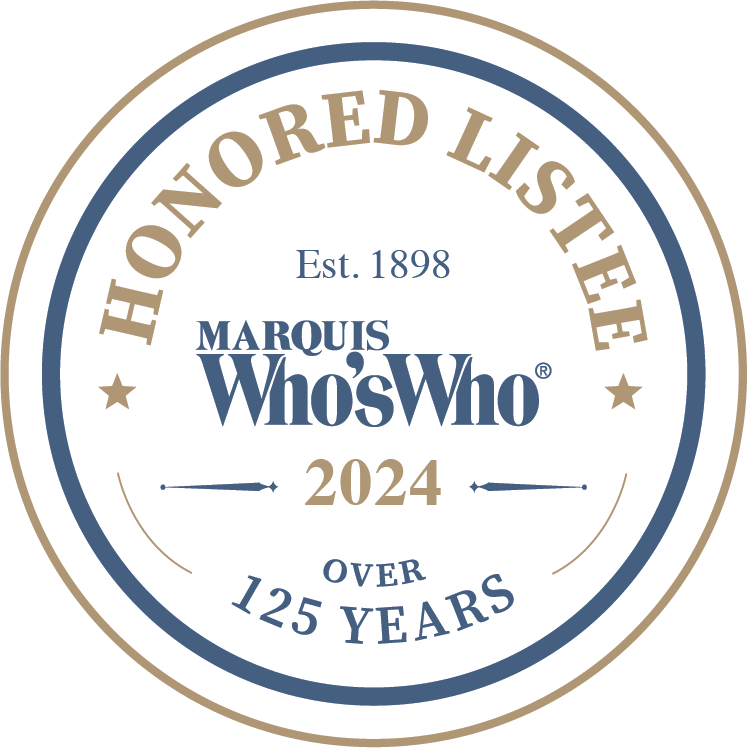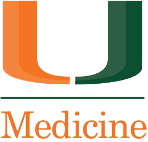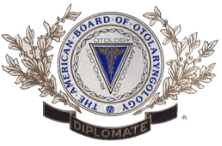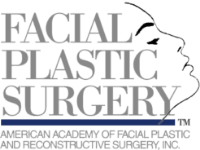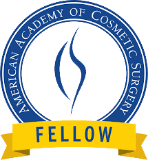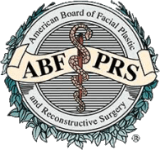Swelling is a common side effect of rhinoplasty, so most people can expect to deal with some puffiness following the procedure. Try these post-surgical treatments to reduce the discomfort.
Follow the Surgeon’s Advice
Dr. Bared will provide you with a regimen to follow after your surgery. Go over it with him after the procedure, and pick up any items or medications you need to ensure you can comply.
If you experience extreme discomfort or become concerned that the healing process is not going to plan, call the office to speak with Dr. Bared and his staff.
Ice and Elevate
Just like any other injury, ice and elevation can help as part of post-surgical rhinoplasty care.
Ice your face as Dr. Bared and his team recommends the first couple of days following the surgery, but do not place ice directly on your nose. Instead, cool down your cheeks, forehead and other areas of your face.
Keep your head elevated when sitting or sleeping to further reduce the swelling. Consider sleeping in a recliner with an adjustable headrest for a few nights, or use your recovery as an excuse to pile on the pillows when you go to bed.
Use Natural Anti-Inflammatories
If you prefer to not take prescribed or over-the-counter anti-inflammatory medicine, you could try natural remedies instead.
Bromelain, an enzyme found in foods like pineapple, has anti-inflammatory properties and may be a viable alternative. Other options include vitamin C to promote the rebuilding of healthy collagen.
Consult with Dr. Bared and his staff about the best option for you.
Stay Hydrated
Avoiding salty foods and drinking plenty of water helps your body maintain a healthy fluid balance.
Keep a bottle of water by your side throughout your recovery to ensure adequate fluid intake. Taking in enough water also helps your body flush out byproducts of normal metabolic processes, so you’ll feel better overall.
Take your rhinoplasty recovery one day at a time, and don’t try to rush the healing process. Keep following Dr. Bared’s advice for the best results.

